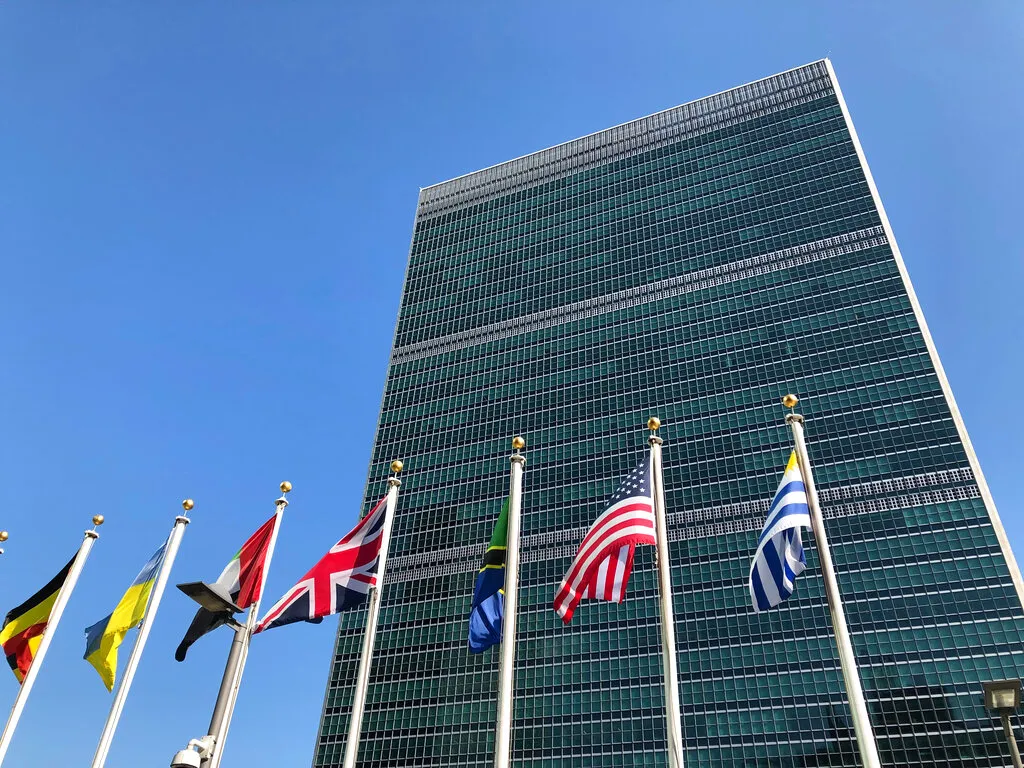Global Tax Code Risks US Sovereignty and Business Viability

Global Tax Code: Implications for US Sovereignty
The ongoing discussions surrounding a global tax code are raising significant concerns about the implications for US sovereignty and its businesses. The Biden administration is encouraging foreign governments to by imposing additional taxes on U.S. corporations, which would inevitably be passed on to workers and consumers.
The UN's Involvement and Its Risks
- The United Nations is considering a majority vote mechanism for global tax policies, which poses a risk to the standing agreements that protect US companies.
- A simple majority of UN members could decide taxation strategies that favor nations hostile to US interests.
- This shift from OECD to UN will empower countries like China to influence global taxation rules disadvantageously for the US.
The Shift from OECD to UN
- The OECD's focus on preventing corporate tax avoidance has turned into a goal of creating a global tax code.
- US companies face increased challenges as foreign countries pursue more aggressive tax policies.
- Bilateral treaties offer a more favorable approach compared to a multilateral global tax system.
As the global tax landscape evolves, the importance of protecting American sovereignty and ensuring fair taxation practices cannot be overstated.
This article was prepared using information from open sources in accordance with the principles of Ethical Policy. The editorial team is not responsible for absolute accuracy, as it relies on data from the sources referenced.